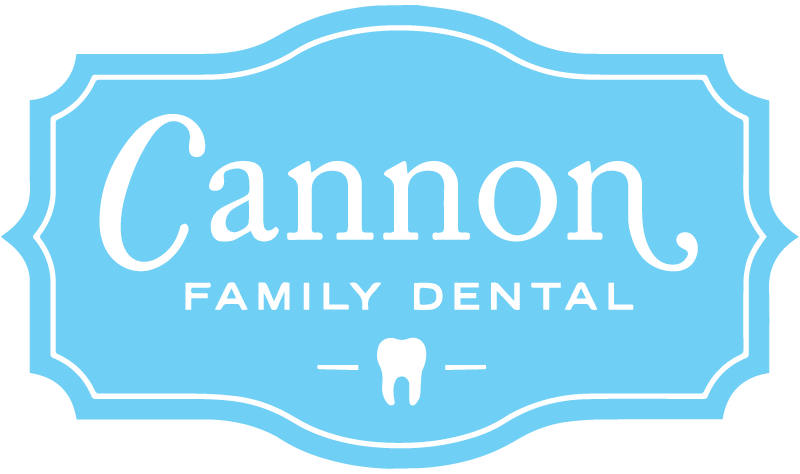This past summer (2013) I had a patient bring in to me an article he had clipped out of the Ogden Standard Examiner, a local newspaper. It was titled “Top of Utah jury still out when it comes to diet soda, effect on teeth” (http://www.standard.net/stories/2013/06/01/top-utah-jury-still-out-over-diet-sodas-effect-teeth). This patient wondered if that was why he had suffered years of damaging effects to his teeth.
The article presented the results of a study published in a journal called General Dentistry in the March/April 2013 issue (http://www.agd.org/media/145594/soda_meth_mouth.pdf). The article grabs attention by starting,
Addicted to soda? You may be shocked to learn that drinking large quantities of your favorite carbonated soda could be as damaging to your teeth as methamphetamine and crack cocaine use. The consumption of illegal drugs and abusive intake of soda can cause similar damage to your mouth through the process of tooth erosion…
The study was performed by comparing the damage of three individuals’ mouths—an individual who had used methamphetamine, a previous longtime user of cocaine, and an excessive diet soda drinker. Each participant also admitted to having poor oral hygiene and not visiting the dentist on a regular basis. Researchers found the same type and severity of damage from tooth erosion in each participant’s mouth (http://www.agd.org/media/145594/soda meth mouth.pdf).
I have been examining patient’s teeth for over 17 years now. I have observed the effects of cocaine, methamphetamine, and sodas. Anything acidic will have a negative effect upon our teeth. The neutral pH in our mouth is 5.5. When we eat or drink something with a pH value below 5.5 our teeth lose minerals. If the acid levels remain long enough, over time a cavity will form. Rapid cavity formation can be observed in methamphetamine users. It is my understanding that base cocaine has a pH of 8.0, and would not cause cavities. So in the study presented in the General Dentistry journal, the cocaine user probably had cavities because of poor oral hygiene, rather than cocaine use. I am not well-versed in cocaine or its pH so I could be wrong.
I searched for the pH of methamphetamine. It appears that the pH value ranges from 3.02-7.03, with most samples (21 of 29) below the neutral pH of 5.5 (http://www.ncbi.nlm.nih.gov/pmc/articles/PMC3189445/) . This would definitely cause cavities, and supports my clinical observation of rapid and substantial destruction to teeth in meth users.
Now for the pH value of soda. Obviously it varies considerably. I have included several sodas below (http://fit4maui.com/water/pu/soda_ph.html):
Beverage pH Value
- Pure Water 7.0
- Diet Coke 3.39
- Mountain Dew 3.22
- Gatorade 2.95
- Coke Classic 2.63
- Pepsi 2.49
- Sprite 3.42
- Diet 7-Up 3.67
- Diet Dr. Pepper 3.41
- Surge 3.02
- Red Bull 3.26
- Monster 2.70
- Rock Star 1.50
- Lemon juice 3.00
- Orange Minute Maid 2.80
- Battery Acid 1.00
Obviously battery acid is not a beverage. But I find it interesting that Rock Star energy drink is quite close to battery acid when comparing pH values.
Comparing beverages to methamphetamine shows why sodas can be damaging to teeth. My clinical observation is that sodas are not as fast at damaging teeth as methamphetamine. In any case, I generally recommend to my patients that they not drink sodas. There are many people who are addicted to sodas. I know an individual who has a soda waiting by the bedside so that immediately upon waking it is available to help them get the day started. That is probably an addiction.
So for those who are addicted to sodas and are not willing to work to stop drinking sodas, I recommend the following helpful hints to try and reduce the risk of cavities:
- Use a straw to help the soda by-pass the teeth.
- Rinse with water after drinking a soda to try and neutralize the pH levels in the mouth.
- Don’t brush immediately after drinking a soda. The acid nature of the soda has started a “demineralization” process with the teeth. Brushing regularly after drinking soda could contribute to more rapid erosive effects upon the teeth.
- Chew sugar-free gum to stimulate salivary flow, which will also help the mouth return to a more neutral pH.
- Wear fluoride trays, which can be provided by your dentist. These are custom-fitted appliances that you can load with a fluoride product and wear over your teeth for 30 minutes. Fluoride is widely recognized as an ion that reduces the risk of cavity formation, may change the metabolic process by which bacteria in the mouth form acids, and promotes absorption of calcium and phosphorus by the teeth, which also helps strengthen teeth and prevent cavities.
- Use a Water-pik instrument with a solution of 2 tsp baking soda and a full reservoir of water. Baking soda is basic. By irrigating with a baking soda/water mixture in your Water-pik you will be providing a basic solution to help neutralize the acid levels in your mouth following soda consumption.
Remember to visit your dentist regularly so that small cavities can be caught early. The three subject in this study all admitted to not having a regular dental exam for long periods of time. I consider that to be the most significant finding of the study. That and they all had poor oral hygiene.
If you have any questions, or would like a dental exam, please call my office.

